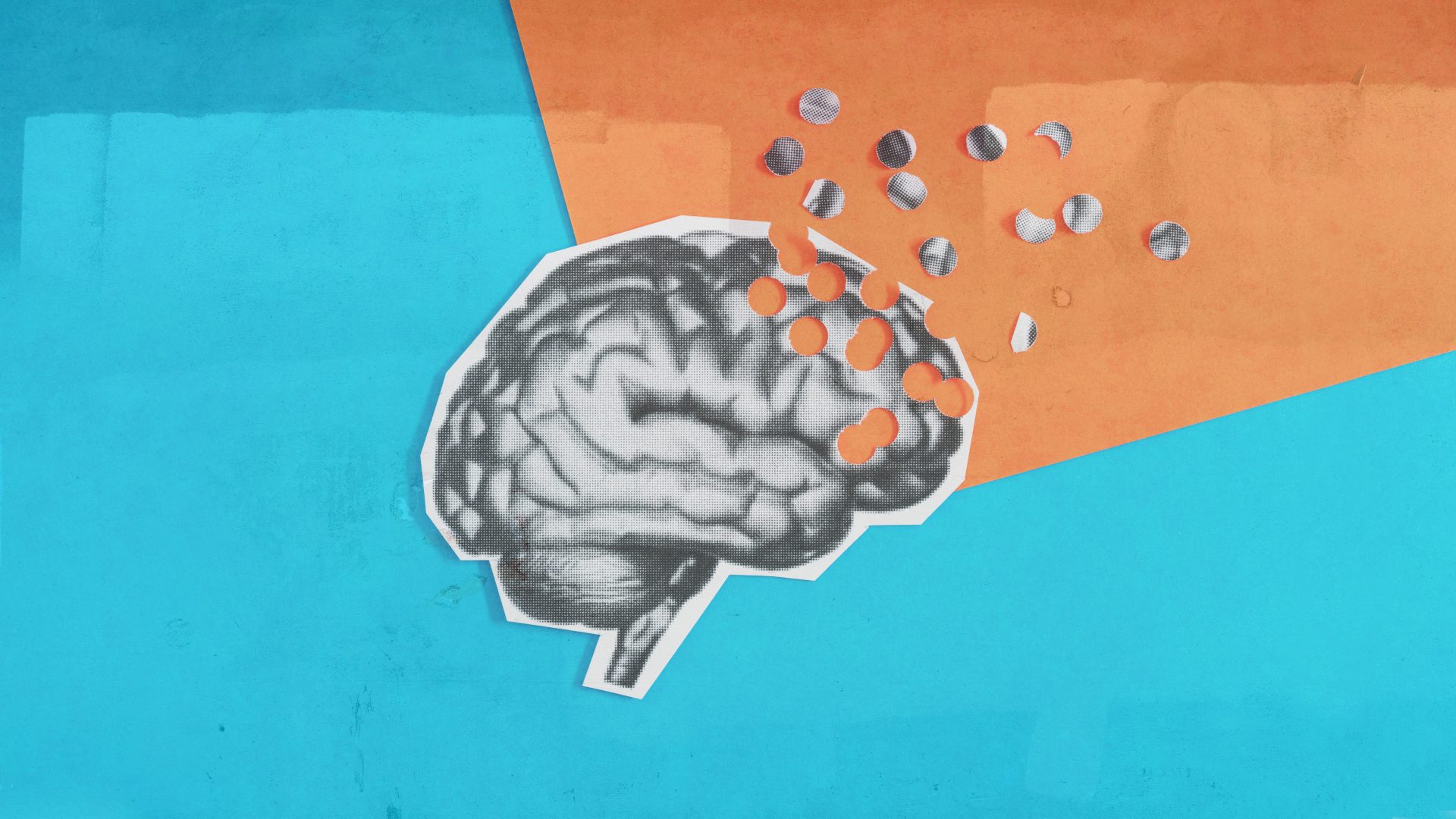Oxford University Press has chosen “brain rot” as the 2024 word of the year. It’s a term used to describe the debilitating effects of spending too long on social media, or surfing trivial content on the web, although the first recorded use long pre-dates TikTok and cat memes.
The philosopher-sage David Henry Thoreau coined it in 1854 in Walden, the book he wrote about living alone in a hut by Walden Pond in Massachusetts for two years with just the occasional visitor. Thoreau had made this move to avoid the 19th-century version of brain rot. As he put it:
“I went to the woods because I wished to live deliberately, to front only the essential facts of life, and see if I could not learn what it had to teach, and not, when I came to die, discover that I had not lived.”
All around him he saw society damaged by the devaluation of complex ideas and the decline of serious thinking. People weren’t living their lives to the full. He asked:
“While England endeavours to cure the potato rot, will not any endeavour to cure the brain rot – which prevails so much more widely and fatally?”
The rot metaphor suggests minds which are deteriorating from a better state. Thoreau implies this is a fatal condition, but that’s hyperbole. What he meant is that it is fatal to serious thought.
Critics of social media say much the same today about the effects of Elon Musk’s X or the viral videos that provide a drug-like distraction for so many. Why read terrible news about wars and climate disaster when you can share a funny video of someone falling into a swimming pool?
Brain fog is a different metaphor that was popular during the pandemic but has remained pertinent for many of us. Fog is different from rot. Fog can descend suddenly and leave us groping around to find where we are. It can make the way forward unclear, and when we turn around it’s difficult to see where we have been.
Brain fog, like real fog, doesn’t conceal everything, just makes it all much harder to discern. If you have brain rot there doesn’t seem much hope, you’re gradually decaying from the inside; but with brain fog there’s the possibility that it might lift. Even the thickest pre-war fogs in London eventually cleared.
Loss of concentration, inability to follow a chain of thought, forgetfulness, confusion – we all experience these some of the time.
I certainly do and I worry about it.
These lapses happen more often than they used to. I forget the names of philosophers, film stars, and footballers, find myself wondering what I’ve gone looking for, or misplace a book, my keys, my glasses. This happens a little too often.
On a recent trip I mislaid my passport and had no memory of where I’d put it. Of course I had it with me, I just couldn’t remember where. On another, I picked up the wrong suitcase. My mother’s dementia began like that and for her, the fog just became denser.
Luis Buñuel, the great film-maker, in his autobiography My Last Sigh captured perfectly why brain fog is so distressing:
“You have to begin to lose your memory, if only in bits and pieces, to realise that memory is what makes our lives. Life without memory is no life at all. Our memory is our coherence, our reason, our feeling, even our action. Without it we are nothing.”
We know that our personal memories are unreliable. Psychologists tell us that each time we bring a past event to mind we change it a little.
Yet even an inaccurate recollection would be more comfort than blankness, or that frustrating feeling that there is something important that we could get to if only the fog would lift.
The peculiar cruelty of brain fog is that we know there is something to recover and yet can’t quite find it. There’s a sense of loss and fear of worse to come. And it will come for many of us.
Those who suffer from brain rot, in contrast, seem happy with their decaying minds. If, like the utilitarian philosopher Jeremy Bentham, you think it doesn’t matter whether you get your pleasure from pushpin (a mindless game) or reading poetry, brain rot might not be such a bad way to go.
Brain fog, however, is something we all should fear. As Buñuel recognised, if a thick fog descends, we will be lost completely.



